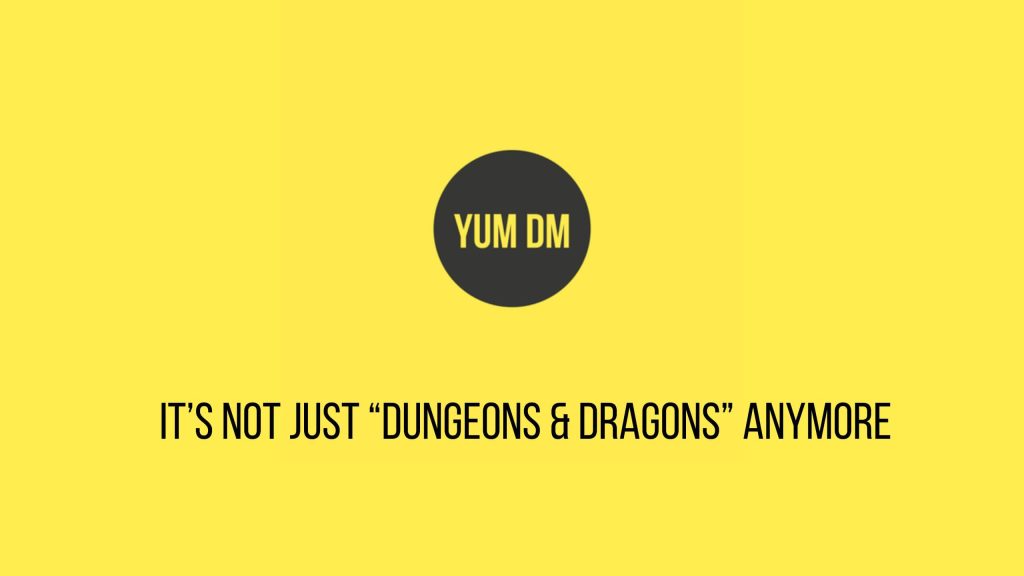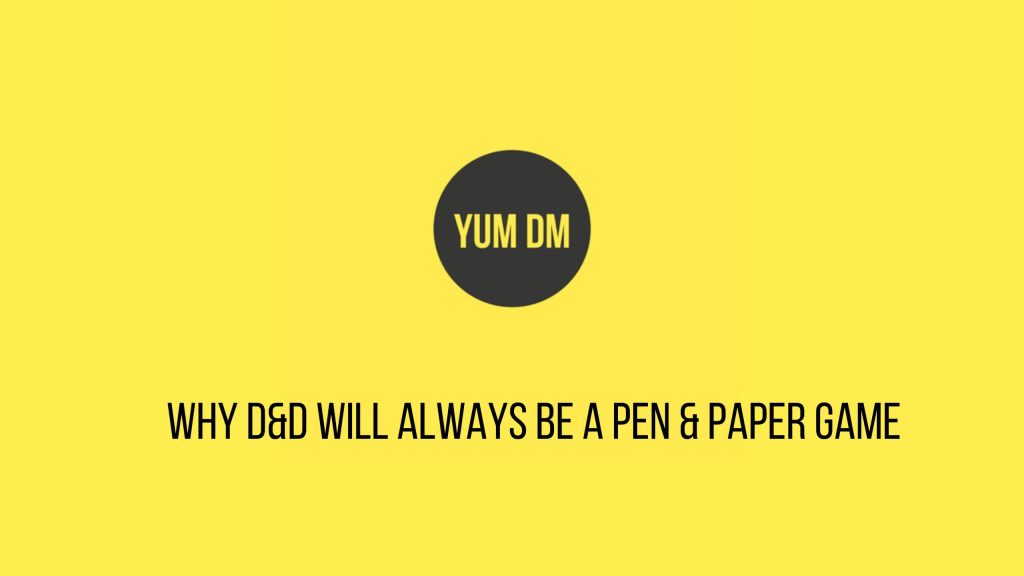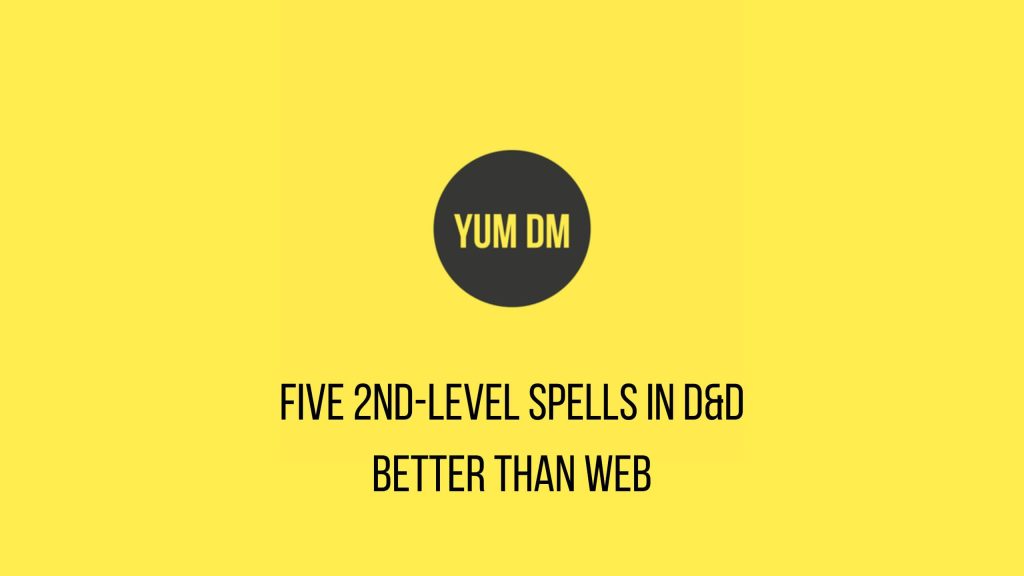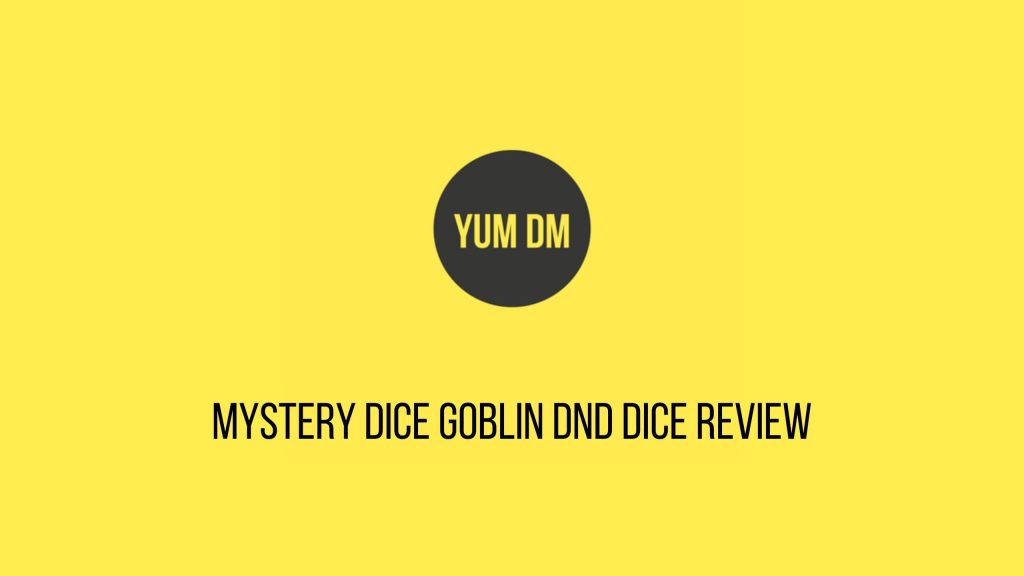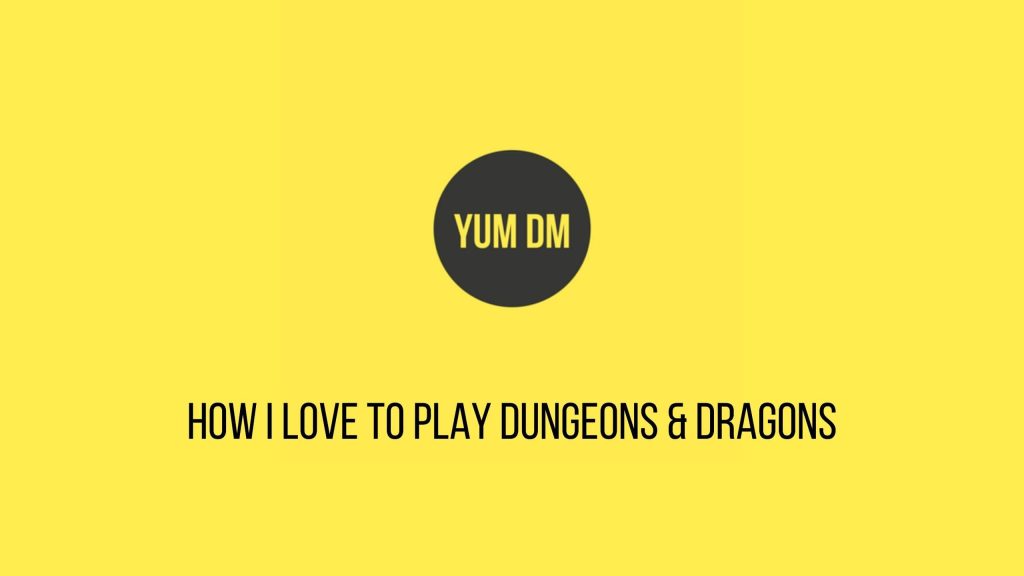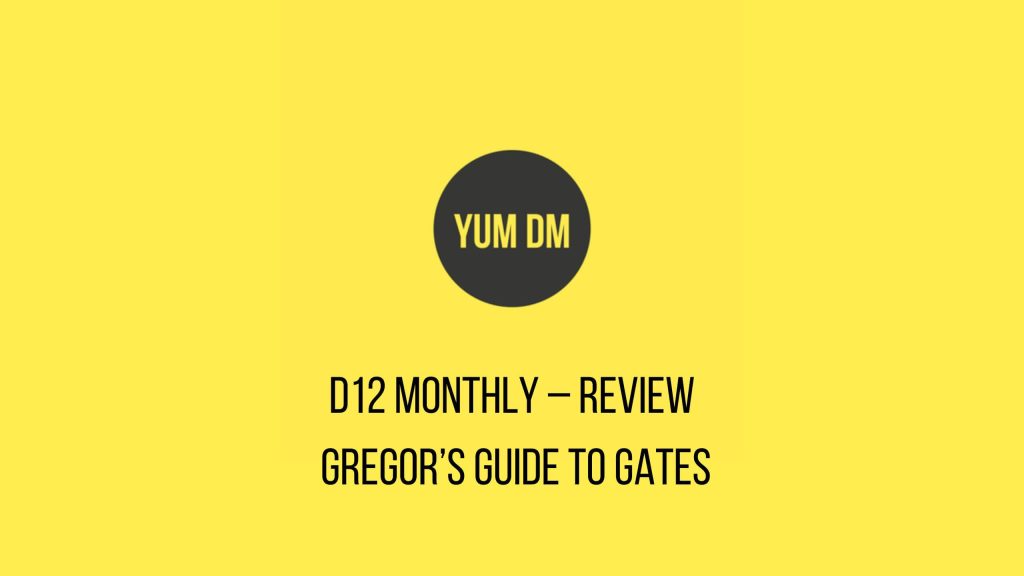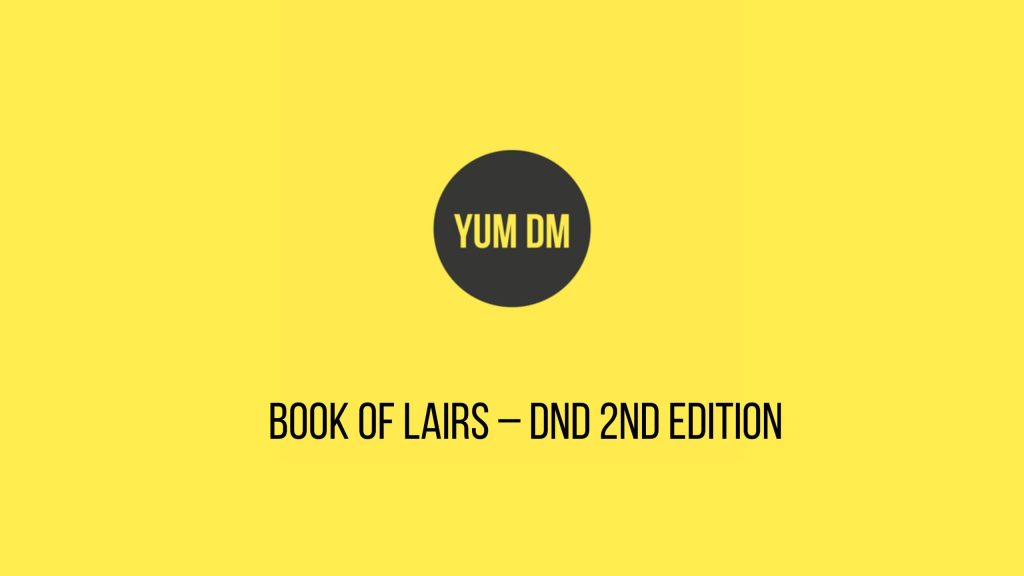
The Book of Lairs for the 2nd edition of Dungeons & Dragons came out in 1994 (I still remember buying it in my local gaming store).
It is a series of short encounters (usually 2-3 pages in length) based on a monsters from either the MC3: Monstrous Compendium, Volume Three: Forgotten Realms Appendix (1989) and MC11: Monstrous Compendium, Forgotten Realms Appendix II (1991).
This post has a handy table to help expand on the book, and make it more useful to Gamemasters.

